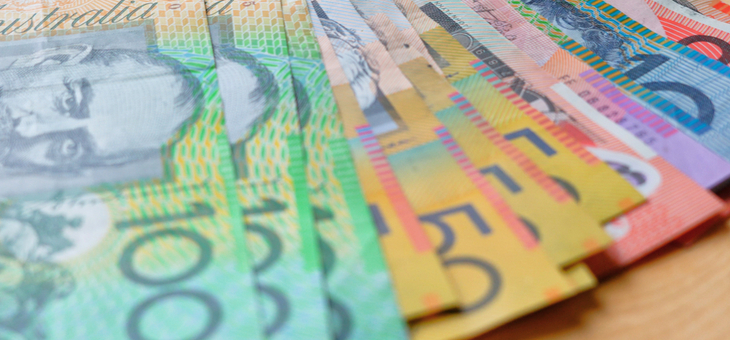Australian women are being slugged with a “hidden tax” and missing out on more than half a billion dollars in retirement savings, research reveals.
Women in Victoria, South Australia and Tasmania are missing out on a combined $550 million in superannuation because the federal government refuses to pay superannuation on top of parental leave.
Many speculated that, in Budget 2021, super payments might be made on government-funded paid parental leave as part of a raft of changes to help boost women’s retirement savings.
However, women around the country were let down when the government failed to make good on its pledge that the Federal Budget would be female-friendly.
Typically, women retire with, on average, 42 per cent less super than men and mothers cop it worst.
“Australia’s retirement system doesn’t recognise and reward the unpaid caring work that women do – leaving them vulnerable to poverty in old age,” reads a statement from Australia’s largest super fund, AustralianSuper.
Despite the gender super gap between men and women, the government refuses to pay super on top of parental leave schemes.
Read: The ‘gender tax’ on everyday items
The missing years of super payments significantly reduces a woman’s final retirement balance.
Women are being made to sacrifice their retirement in order to have children, says Industry Super Australia (ISA) advocacy director Georgia Brumby.
According to ISA, women who spend five years out of the paid workforce in their late 20s and early 30s could be almost $100,000 worse off.
“It’s hard enough trying to juggle work and raising a family – it’s not fair that thousands of women are also being slugged with this hidden pregnancy tax on their super as well,” says Ms Brumby.
Read: The gap that could ruin your retirement
ISA chief Bernie Dean calls the government’s refusal to pay super on parental leave a “pregnancy tax that harms mums’ retirement savings”.
“The government is taking positive steps towards bridging the gender super savings gap but it must do more – starting with paying super on every dollar earned, including Commonwealth Paid Parental leave and mandating that super is paid on employer parental leave,” he says.
According to ISA, around 380,000 Victorian mothers received Commonwealth-paid Parental Leave Pay in the past 10 years – without super – hence sacrificing tens of thousands in retirement savings.
Around 96,000 mothers in South Australia and 27,000 Tasmanian mothers also missed out on super during parental leave in the same period.
Super paid, even at a minimum wage rate, during the 18-week paid parental leave period would at least help working mothers’ keep pace with retirement savings goals, says ISA.
While the government has directly admitted that the gender super gap could persist for at least the next four decades unless action is taken, it has steadfastly refused to take any action.
Paying super on parental leave is an important step towards bridging the gap, says ISA.
Post-Budget, superannuation minister Jane Hume intimated that paying super on parental leave was still being considered.
Read: How can the budget address retirement income equality?
ISA remains fixed on the government addressing what it terms a glaring issue.
“The prime minister needs to fix this glaring inequity and stop ignoring the gender super gap – otherwise, we will continue to see too many women at risk of retiring into poverty,” says Ms Brumby.
Do you think the government should pay super on parental leave? What else can be done to address the super pay gap? Why not share your suggestions in the comments section below?
If you enjoy our content, don’t keep it to yourself. Share our free eNews with your friends and encourage them to sign up.

